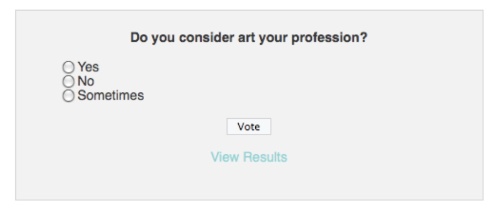Quote from Lars Bang Larsen’s article ‘The Long Nineties’ Frieze Issue 144
Importantly, however, the affirmation of the social indicates an ambiguity with which social space, and history itself, had become imbued. On the one hand, the artist was no longer Postmodernism’s agent, hovering above the delta of history, selecting and copying styles from all times. The artist was now down in it. On the other hand, history had ended – a claim put forward by conservative thinkers vis-à-vis the end of the Cold War, but which was also argued from a different perspective by critical minds such as Antonio Negri and Michael Hardt, who saw no outside to the present order.
The ‘no outside’ predicament was an attempt at reality-checking the effects of ideological conflict cancelled by Tony Blair’s and Gerhard Schröder’s ‘Third Way’ paradigm. Left and right merged, state and economy were integrated in increasingly informal ways, and politics lost its fixed points. Foucault described neo-liberalism as sociological government: in this model, the realms of the social and cultural – rather than the economy – are mobilized for competition and commerce.³ During the 1990s, a new economy began brimming with imperatives to socialize through email, mobile phones and, later, social media, and as social and economic processes were pulled closer together, both art and power became ‘sociological’. The reification of the social form became almost indistinguishable from social content. In other words, the social can also be a simulacrum: an instrumentalization of models and tastes that are already received and working in the culture at large.



